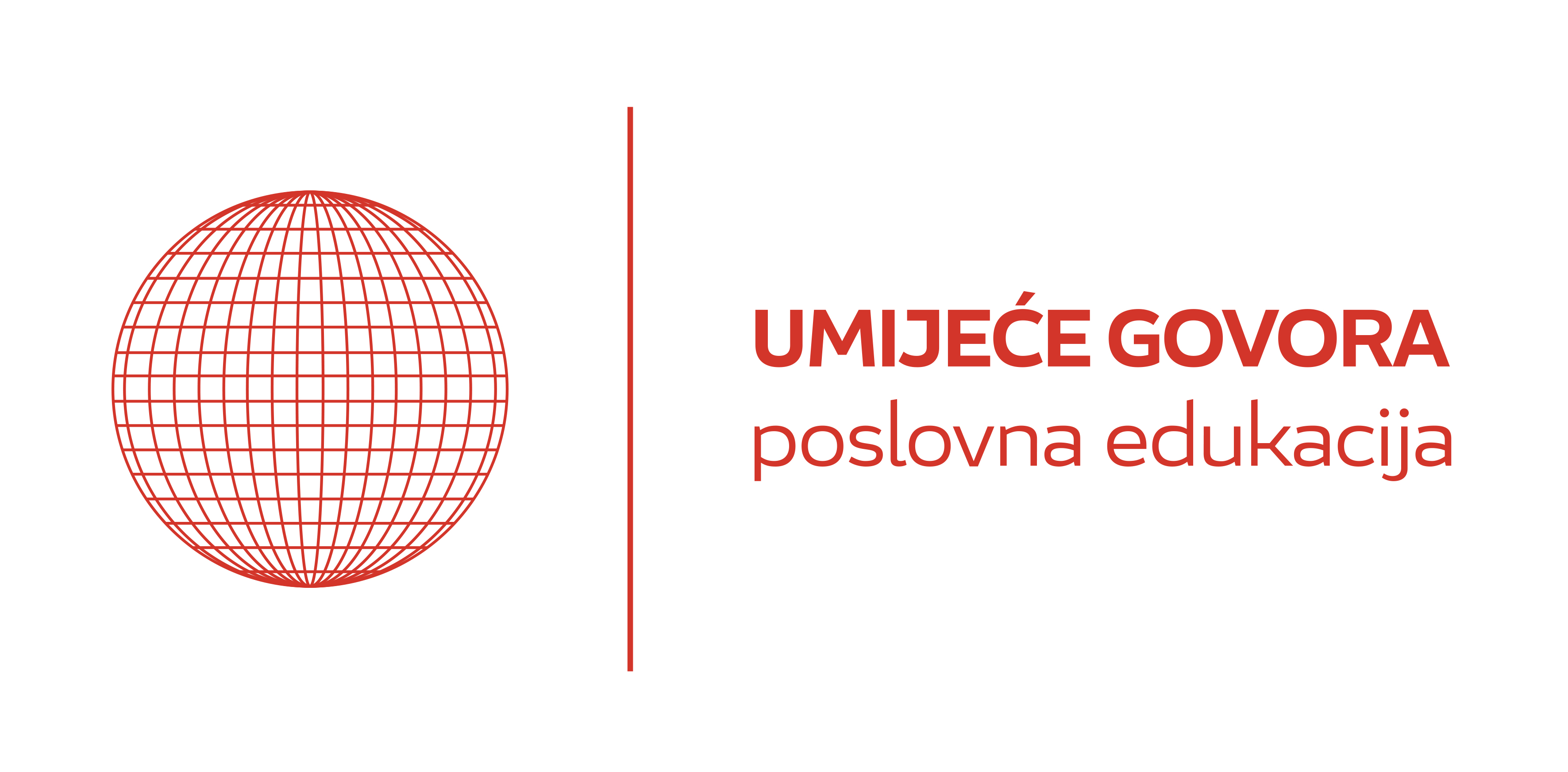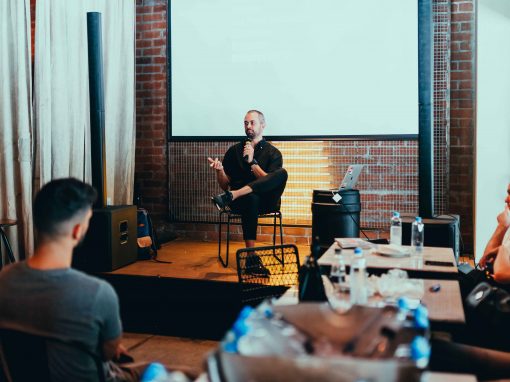Presidential Campaign in Croatia
Jagoda Poropat Darrer
PRESIDENTIAL CAMPAIGN 2019 IN CROATIA: A RHETORICAL APPROACH
Objavljeno u dvobroju za srpanj i kolovoz 2019. u časopisu Diplomacy and Commerce
As the first term of the Croatian President Kolinda Grabar – Kitarović have neared its end the names of prospective presidential candidates are emerging. What are their rhetorical styles, argumentation, main topics and values they are propagating in order to consolidate and persuade their electorate to vote for them is discussed in following lines.
Flowers, music, pompous scenography, a clear sunny day, and the beautiful lady in blue. It was roughly four years ago when the actual president of the Republic of Croatia Kolinda Grabar – Kitarović took the solemn oath in the scenic St. Mark’s Square in Zagreb. She is the fourth president in the row, and the second one (the first one was Franjo Tuđman) supported by the right wing party – Croatian Democratic Union. It is expected that she will re-run, however new names, and for now just one already known as experienced politician, appeared in the run.
Presidential rhetoric is a new discipline of study within the field of rhetoric. Scholars in this discipline are concerned with how public language and public arguments influence the exercise of presidential power (Windt, 1986). Analyzing Croatian presidential rhetoric, Poropat Darrer and Pletikos Olof (2017) found that the most frequently mentioned values by all Croatian Presidents are freedom, democracy, justice, patriotism (nationalism), peace and prosperity. Also, that the most used figures of speech are metaphor and repetition, and the words by which the presidents were recognized for are history for Tuđman, citizen-president for Mesić, justice for Josipović and prosperity for Grabar – Kitarović.
Embedded in the tradition of western political thought there is in fact a view that language and politics are intimately linked at a fundamental level. It is not generally pointed out that when Aristotle gives his celebrated definition of humans as creatures whose nature is to live in a polis, in almost the same breath he speaks of the unique human capacity for speech: But obviously man is a political animal [zoon politikon], in a sense in which a bee is not, or any other gregarious animal. Nature, as we say, does nothing without some purpose; and she has endowed man alone among the animals with the power of speech. What is clear is that political activity does not exist without the use of language. It is true, as noted earlier, that other behaviors are involved and, in particular, physical coercion. But the doing of politics is predominantly constituted in language (Chilton, 2004).
After a short time speculating whether or not to enter the run, finally at the beginning of the second half of June the former Prime Minister Zoran Milanović gathered the media and in a press conference followed by a post on his Facebook profile he announced he is running for President. He appeared to be very sure of how he sees Croatia under his presidency in future: modern, progressive, curious, and open. The new slogan is President with character with recognizable red, white and blue, the colors of the Croatian flag. As the slogan first appeared, visually reminded of the Trump’s re – run slogan: TRUMP 2020, as well as on his urge to repaint the presidential plane Air Force One in red, white and blue. Rhetorically, Zoran Milanović was as usual great. His rhythm, tone and pace are impeccable and appropriate, thus met the expectations. The message was transmitted loud and clear, he will be the president of all, therefore he is not standing only on the left wing position of his Social Democratic Party, but he is open to everyone. His posture and gesture were ones of the true leaders, except of the collar of his shirt that was hidden under his jacket. This visual element might send a message: I don’t have a large team around me yet, or, I am so excited about the run that I forgot to check how I look. Zoran Milanović was at his best at his run bid: progressive and open.
A week after Milanović, Miroslav Škoro presented himself as a presidential candidate as well. He chose a different communication channel to launch his bid. In a video uploaded on YouTube, afterwards posted on Facebook (his official FB page as a musician with already around 47000 followers), and earlier announced through newspaper Večernji list he addressed his audience. Apparently, his publics are conservatives and people tired of actual political establishment. He refers to people, clearly dividing the bad political elites on one side and the good people on the other which is the main characteristic of the populist ideology and populist approach to the political communication. Very politely and serious, with his splendid voice explains further in the video the necessity of larger presidential authority, the same one or even larger that the first Croatian president Franjo Tuđman had. Just to remind, in 2000 after the end of the second Tuđman term (he died in December 1999) there was a constitutional change from the semi-presidential to parliamentary system. Škoro’s main value from the mentioned video message seems to be patriotism (if not even nationalism). Levinger and Lytle (2001) argue that the crucial pillars of nationalist ideology are the rhetorical triad: idealized images of the past, depiction of the degraded present and the utopian future condition. Therefore, Miroslav Škoro could be seen as a conservative and populist candidate.
Presidential campaign is starting in US as well. According to CNN, there are twenty four declared candidates among Democrats, and two Republicans who have thrown their hats into the ring. It is yet to be seen how many candidates will emerge in Croatia. No matter how many names will be in the race, let the best wins!





